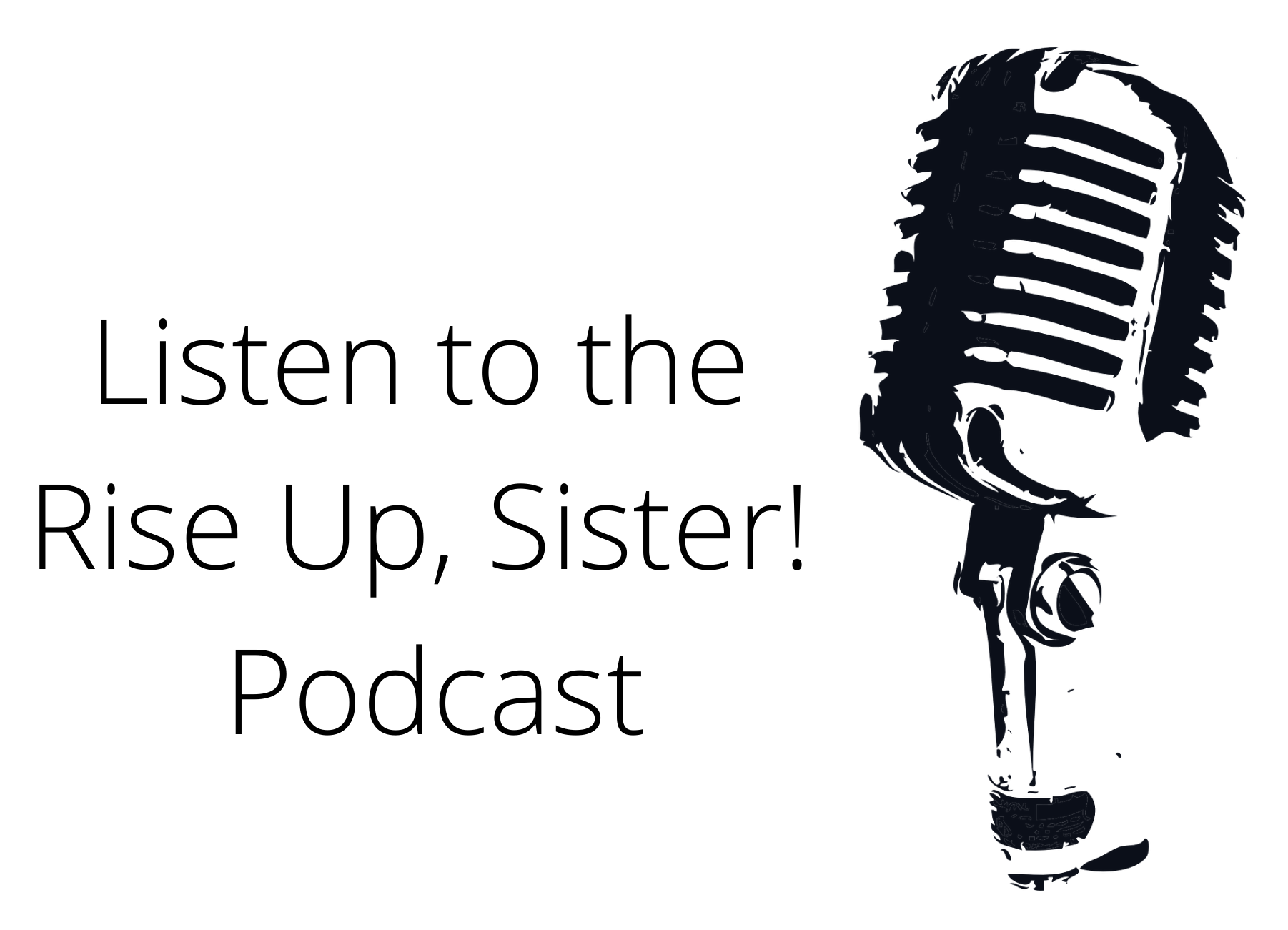
There are many different types of trauma, and most of us will have experienced some kind of trauma at some point in our lives. According to the American Psychological Association, trauma is an emotional response to a terrible event. Trauma can come from many different things. It could be caused by physical or emotional situations, and I would argue that it is not just the event that is traumatic, it is what happened in that event that left a lasting effect. There are emotional and biological effects that happen during a bad experience. It could cause stress, fear, distress, and these feelings could last a long time.
Trauma often begins in childhood. When I first heard of Adverse Childhood Experiences (ACES), I was an elementary school principal, and attended a training on ACES. ACES could include being subjected to divorce, neglect, substance abuse, or seeing/experiencing abuse. The research study behind ACES discovered that the higher your ACES score, the more at risk you are for health issues, death, and a less enjoyable adult life.
And, not surprisingly, according to a study by the National Institute of Health, there is a correlation between ACES and the likelihood of domestic violence as adults.
3 types of trauma: Acute, Chronic, and Complex. Acute trauma is from an isolated event such as a natural disaster or a car accident. Chronic trauma is recurring, such as domestic abuse or violence. Complex trauma describes multiple traumatic events that occur to one person over an extended period of time. All of these can lead to Post-Traumatic Stress Disorder (PTSD), and in the case of complex or chronic trauma, can lead to Chronic Post-Traumatic Disorder CPTSD. Although many symptoms are the same, there is a difference between the two. Both may experience negative emotions such as guilt, shame, fear, anxiety, depression and irritability to name a few. They may also have a hard time sleeping or concentrating, be hypervigilant, or experience flashbacks. The main difference is that with CPTSD, your ability to regulate your emotions may be affected, significant issues with trusting and relationships, negative feelings toward yourself, and the one that hit me the hardest was the feeling of hopelessness, like life would never get better.
The good news is that there is hope.
Once you are in a safe place physically and emotionally, you have the opportunity to heal from your trauma. Not only can you heal from your trauma, but as you will walk through your journey you could end up having a greater appreciation of life, sense of purpose, positive changes in your spiritual life, and personal strength.
This is the work that I do. This is the help that I am passionate about. I will help walk you through the healing journey, to guide you in restoring your relationship with God, releasing lingering hurts, and find out who you really are so you can step into the promised life of abundance that God has waiting for you.
I am currently working on a self-guided course, and always offer one-on-one coaching to those who want to work directly with me. Take a few minutes to visit my website for more details! Have a blessed day, Sisters!
Resources Cited:
NIH Study: https://www.ncbi.nlm.nih.gov/pmc/articles/PMC3508260/#:~:text=Purpose,associations%20between%20ACEs%20and%20IPV.














0 Comments